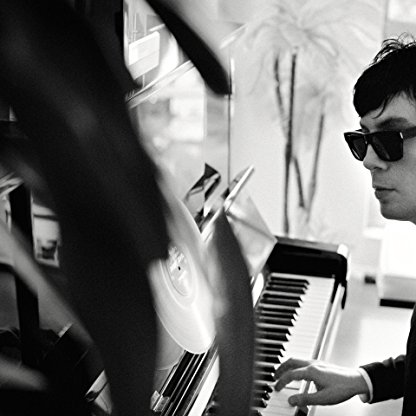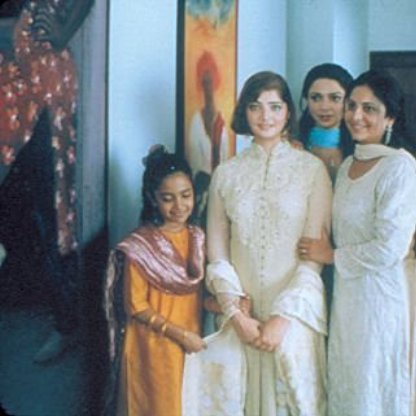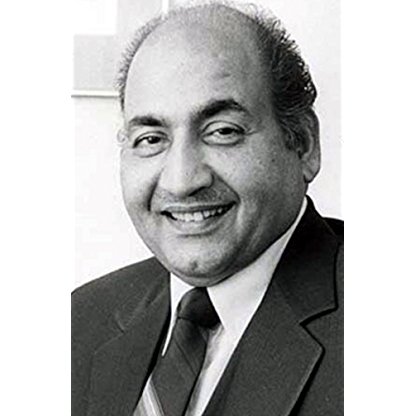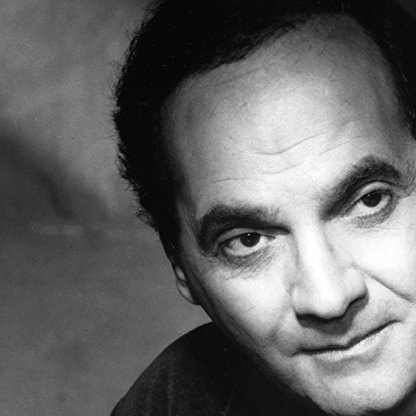In 1945, Rózsa was hired to compose the score for Alfred Hitchcock's film Spellbound, after Bernard Herrmann became unavailable due to other commitments. The score, notable for pioneering the use of the theremin, was immensely successful and earned him his first Oscar. However, Hitchcock disliked the score, saying it "got in the way of his direction". Two of his other scores from that year, The Lost Weekend and A Song to Remember, were also nominated, making Rózsa, to date, the only Composer to have won against two of his own scores. Rózsa, who also reportedly hated the interruptions and interference by Producer David O Selznick, never worked for either Hitchcock or Selznick again.









